How to choose soaps, shower gels and body washes to avoid skin problems?
Cleopatra is believed to be the most beautiful woman of the world, and it’s said that secret of her beauty is milk bath. She used to sink the water mixed with water for hours, and skin absorbed the nutrients of milk thus glorifying her skin. Tales apart, we can’t experiment with different beauty tips without knowing the nature of our skin. Very often such unhealthy experiments can lead to skin problems like itching, rashes etc. Changing soaps may not yield good results. Loss of softness of skin, dryness of face and hands etc are some of the negative impacts of experiments. If you choose soaps and body washes wisely, you can avoid such problems in future.
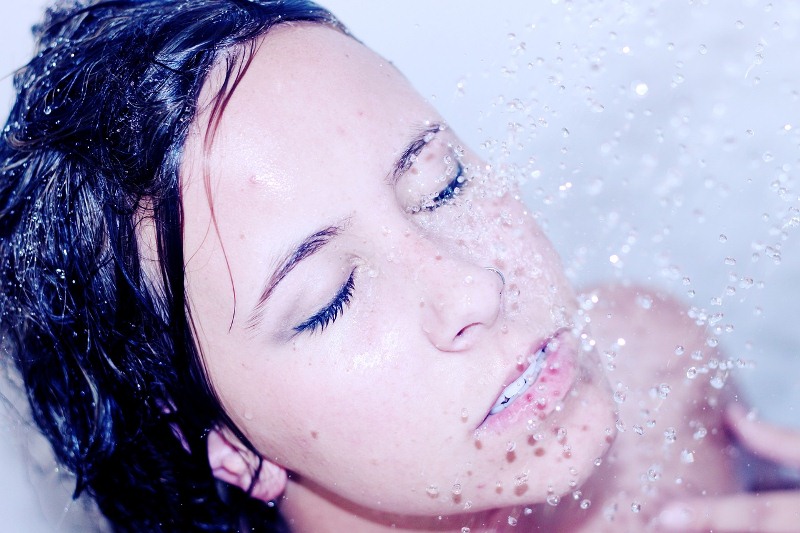
Soap and body wash
Main factors of soap include sodium/ potassium lauryl sulfate and fats. When soap is dissolved in water and applied on skin, it dissolves dirt and oil. Such dissolved dirt is removed by water, which we term as ‘bath’. Apart from contents to remove oil and dirt, certain perfumes and anti-bacterial factors are also added in soaps. These are those factors which attract consumers most, who are lusted by sweet perfumes and similar factors.
pH value of body wash liquid is less comparing with soaps, and that’s why nowadays many people prefer this one. Yet advantages of soaps and body washes remain almost the same.
What is liquid soap?
Soaps are normally in solid state, while gels/liquid soaps are in gel state. Shower gel, moisturizing body wash used to wash hands and legs, exfoliating body wash to remove dead cells of face and body and face washes used as cleansers are different derivatives of liquid soaps.
Liquid soaps can retain moisture up to 30%. That’s why skin remains soft after using face washes. Shower gels also give same advantages. But if you use shower gels along with hot water for bathing, your skin can turn dry.
Know the problem first before you search solutions

Dry skin people naturally losses the oil content of their skin. Best way is to retain the natural oil content of skin. Such people can choose soaps and shower gels with moisturizer content. Soaps which contain Shea butter, coco butter, almond oil, vitamin E, aloe vera, olive oil are best for dry skin. Aromatic oils such as lavender, sandalwood and lemon benefit such people too. Glycerine and honey can repair dry skin. Soaps which contain triglycerides and stearic acid can retain natural moisturizer of skin.
Oily skin persons get skin problems frequently, as their skin is frequently deposited with dirt and oil. Such people should choose soaps and body washes with anti-bacterial effect. Inorganic soaps, though a bit powerful can remove dirt which gets deposited in face pores.
Those with problems like skin allergy and pimples can choose medicated anti-bacterial soaps. Such people have sensitive skin and special care needed. Triclosan and salicylic acid of soap can block pimples and is a good solution for bad body odour because of its anti-bacterial properties. But this soap is not suited for dry and normal skin because it increases skin dryness.
It’s advisable not to wash face with soaps, irrespective of the skin you possess. Liquid base products like body wash or face wash can be used in this case. Skin won’t dry easily. Yet never use face wash more than twice a day. Choose face wash according to the skin type.
Note these points while choosing soaps and shower gels
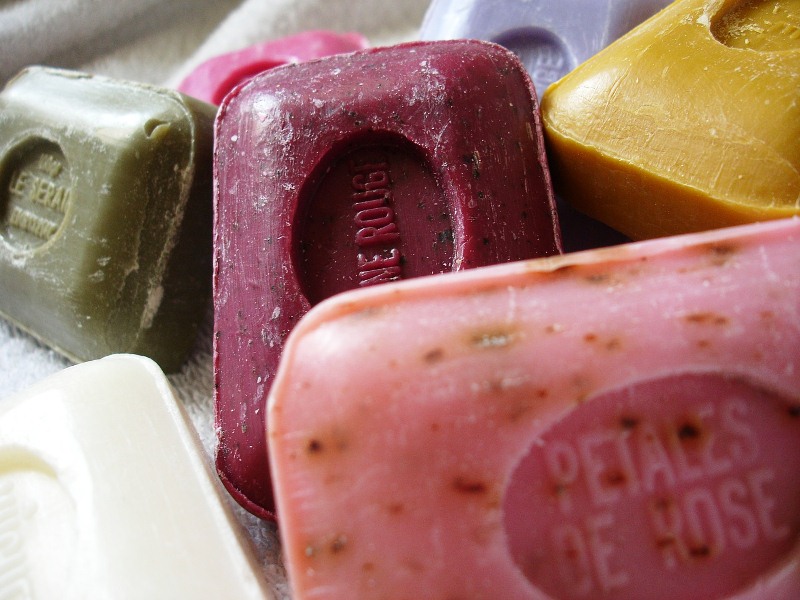
It’s not an easy task to choose soaps and body washes. But if you have found solution to your skin problem once, you need not feel tension in this case. Choose soap taking into consideration Total Fatty Matter (TFM) which is the main ingredient, and the rest are just fillers. When TFM content reduces, chemicals will be used in high proportion which harms the skin. Soaps with TFM higher than 76 comes under grade-1, followed by 70-75 in grade-2 and 60-69 in grade-3. Choose soap with high TFM content.
pH value is yet another important factor. pH value of skin is 5-6, and if you use soap with pH value very much higher than this, it can reduce the natural moisture and oil of skin surface. pH value is comparatively less in shower gels, and that’s one of the main reasons why they are popular nowadays. Choose soaps and gels without the content of Paraben.
How to use soaps and shower gels?
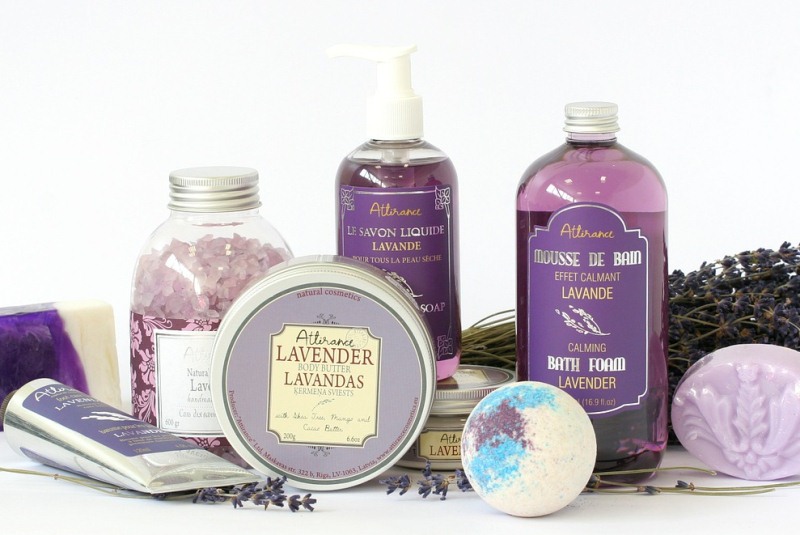
Never rub your skin directly with soaps, shower gels, face washes and shampoo. Thickness of such products can harm your skin. While using soap, just foam it before use. But a scrubbing puff or wash cloth is needed while using body washes. If you are using shower gels, squeeze a few drops in the puff, add a little water and gently rub your skin in circular motions.
Antibacterial chemicals are seen most in soaps. So when different people use the same soap, the foam on its surface can have dirt and germs. Body wash has no such problems. But the puff used by a person should be thoroughly washed before reuse.
Those with skin allergies and itching problems should not repeatedly use the same soap or gels, thinking that repeat use can get you out of the problem. It only dries your skin. Trying different soaps is not a wise decision too.
Every time we use soap or body gel, skin losses some moisturizer. So it’s advisable to use some skin moisturizer soon after bath. Those with oily skin can choose gel based moisturizer. Dry skinned people can choose cream based moisturizer. When you reach 50, skin starts losing its natural moisture. Hence reduce the use of soap as much as possible at age 50+.
Image source: Pixabay
Also read a few more posts on skin care. Here is the page link. Click on the images in the gallery to read.





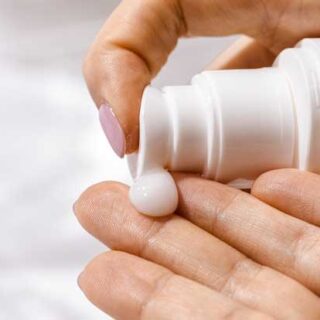







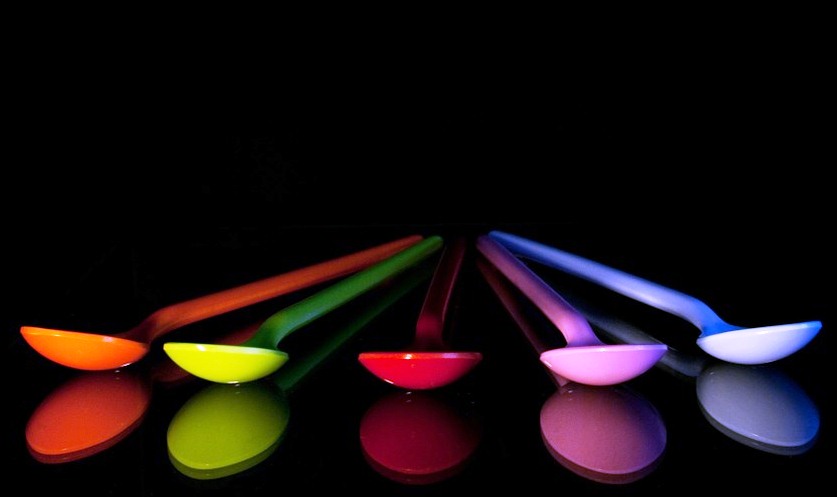

Recent Comments